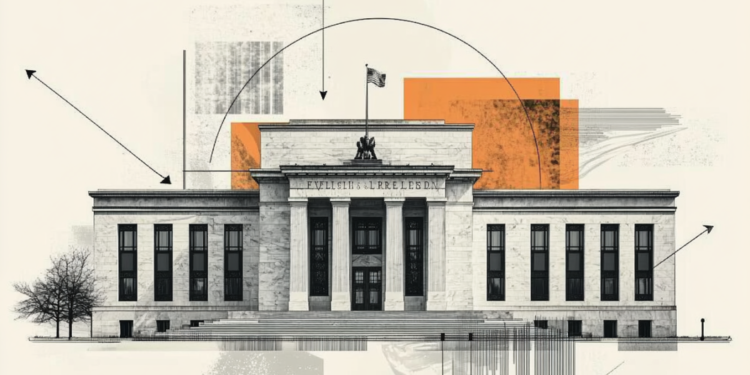Think of the famous gang Yakuza do Japan and you can imagine men full of tattoos getting involved in bloody fights – typical of action movies and video games.
But last week, four men were arrested in Tokyo for a more worldly crime: operating an office of the criminal organization very close to a library.
The suspects, aged 55 and 77, “conspired” to operate a crime office from June 2024 to February 2025. But the problem was being “in an area within a 200 -meter radius around a library,” police said in a statement.
The oldest 77-year-old man was a “member of an organized crime union organization Sumiyoshi-Kai,” one of Yakuza’s largest groups in Japan, the statement added.
How the inspection of the criminal organization works
Far from being clandestine organizations, many gang offices are recorded in the Japanese police and have a consolidated presence throughout the country.
Amazingly, the Japanese capital has strict rules on the performance of Yakuza’s offices. The measure is part of a security campaign to eliminate organized crime.
Known for rigid hierarchies and codes of honor, Yakuzas – also known as Porsyokudan – practice everything from extortion and money laundering to drugs and sexual trafficking.
The National Police Agency (NPA) even list the commercial addresses of some organizations on its website, such as Sumiyoshi-Kai headquarters in the noble neighborhood of Akasaka in Tokyo, not far from the parliament building.
During its peak in the 1960s, Yakuza operated internationally and had over 184,000 members, according to NPA.
But the number has constantly diminished in recent decades after police repression to repress activities.
Although they still have legal permission to exist, regulations have made it difficult for gangsters to survive. This is because it has become illegal to recruit Yakuzas, bribe them or share profits with them.
Even getting mobile telephony contracts and renting apartments has become more difficult.
Number of Yakuza members decreases
In 2024, the number of members of organized crime unions dropped for the first time to less than 20,000, reaching the historic minimum of 18,800, according to police data.
In Tokyo, Yakuza offices cannot operate less than 200 meters from schools, social assistance centers, community centers, museums, parole offices and family courts – as well as libraries.
Companies cannot hire members of the organization as security guards, offer them payments for services or sign any contracts that “encourage” activities with gangs.
The result is the reduction of this organization, which nowadays are widely reported for dissolving, seeking new lives within the law or promising to behave.
In April, Japan’s largest Yakuza criminal organization, Yamaguchi-Gumi, promised to end the long war with a rival faction after the police intensified surveillance and restricted their activities.
Three senior members of the gang personally handed a letter to the police promising to “end all internal fights” and “never cause problems,” police told police CNN .
This content was originally published in Yakuza criminals in Japan are arrested for operating close to library on CNN Brazil.
Source: CNN Brasil
Bruce Belcher is a seasoned author with over 5 years of experience in world news. He writes for online news websites and provides in-depth analysis on the world stock market. Bruce is known for his insightful perspectives and commitment to keeping the public informed.







